This workshop has been really intense days so far and this last and forth Workshop day did not turn out differently. We started out the morning with the presentation: Caching, Intermediation and the Modern Web by Martin Thomson (Mozilla) describing his idea of a “blind cache” and how it could help to offer caching in a HTTPS world. It of course brought a lot of discussions and further brainstorming on the ideas and how various people in the room thought the idea could be improved or changed.
Immediately following that, Martin continued with a second presentation describing for us a suggested new encryption format for HTTP based on the JWE format and how it could possible be used.
The room then debated connection coalescing (with HTTP/2) for a while and some shared their experiences and thoughts on the topic. It is an area where over-sharing based on the wrong assumptions certainly can lead to tears and unhappiness but it seems the few in the room who actually have implemented this seemed to have considered most of the problems people could foresee.
Support of Trailers in HTTP was brought up and we discussed its virtues for a while vs the possible problems with supporting it and what possible caveats could be, and we also explored the idea of using HTTP/2 push instead of trailers to allow servers to send meta-data that way, and that then also doesn’t necessarily have to follow after the transfer but can in fact be sent during transfer!
Resumed uploads is a topic that comes back every now and then and that has some interest. (It is probably one of the most frequently requested protocol features I get asked about.) It was brought up as something we should probably discuss further, and especially when discussing the next generation HTTP.
At some point in the future we will start talking about HTTP/3. We had a long discussion with the whole team here on what HTTP/3 could entail and we also explored general future HTTP and HTTP/2 extensions and more. A massive list of possible future work was created. The list ended up with something like 70 different things to discuss or work on, but of course most of those things will never actually become reality.
With so much possible or potential work ahead, we need to involve more people that want to and can consider writing specs and to show how easy it apparently can be, Martin demoed how to write a first I-D draft using the fancy Internet Draft Template Repository. Go check it out!
Poul-Henning Kamp brought up the topic of “CO2 usage of the Internet” and argued for that current and future protocol work need to consider the environmental impact and how “green” protocols are. Ilya Grigorik (Google) showed off numbers from http archive.org‘s data and demoed how easy it is to use the big query feature to extract useful information and statistical info out of the vast amount of data they’ve gathered there. Brad Fitspatrick (Google) showed off his awesome tool h2i and how we can use it to poke on and test HTTP/2 server implementations in a really convenient and almost telnet-style command line using way.
Finally, Mark Nottingham (Akamai) showed off his redbot.org service that runs HTTP against a site, checks its responses and reports with details exactly what it responds and why and provide a bunch of analysis and informational based on that.
Such an eventful day really had to be rounded off with a bunch of beers and so we did. The HTTP Workshop of the summer 2015 ended. The event was great. The attendees were great. The facilities and the food were perfect. I couldn’t ask for more. Thanks for arranging such a great happening!
I’ll round off showing off my laptop lid after the two new stickers of the week were applied. (The HTTP Workshop one and an Apache one I got from Roy):
… I’ll get up early tomorrow morning and fly back home.

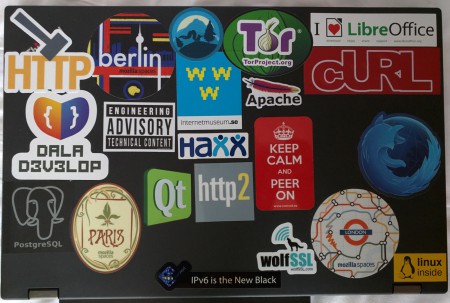
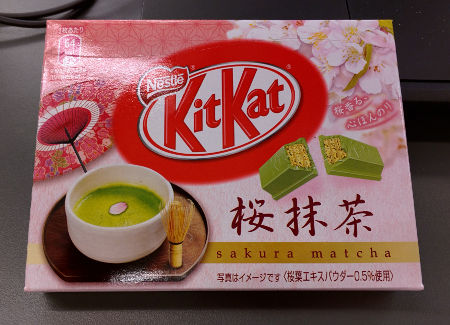
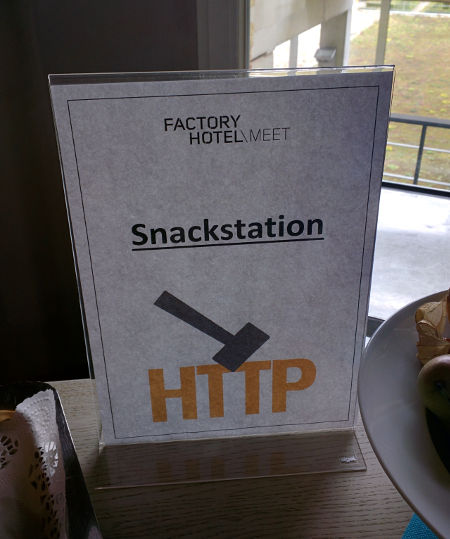
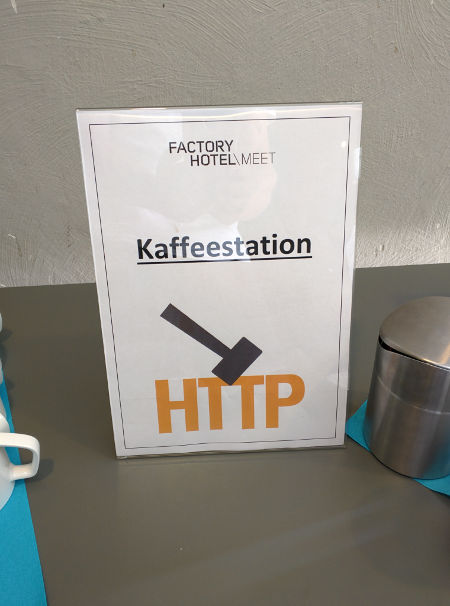
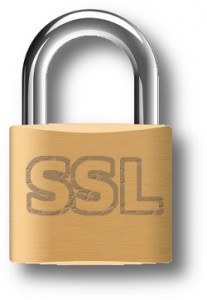 I really and truly want to offer HTTPS (only) for all my sites. I and my friends run a whole busload of sites on the same physical machine and IP address (www.haxx.se, daniel.haxx.se, curl.haxx.se, c-ares.haxx.se, cool.haxx.se, libssh2.org and many more) so I would like a solution that works for all of them.
I really and truly want to offer HTTPS (only) for all my sites. I and my friends run a whole busload of sites on the same physical machine and IP address (www.haxx.se, daniel.haxx.se, curl.haxx.se, c-ares.haxx.se, cool.haxx.se, libssh2.org and many more) so I would like a solution that works for all of them.